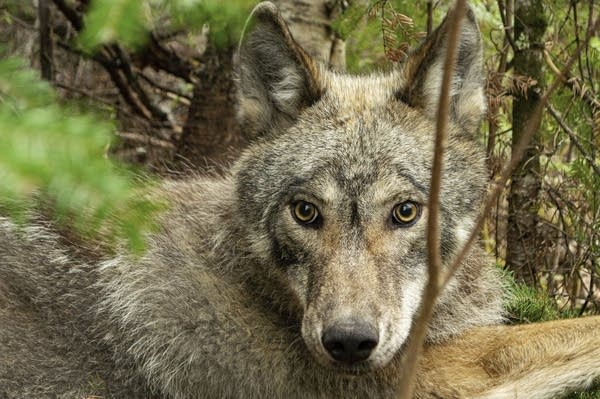Feds agree to draft new national recovery plan for gray wolves

This May 2020 photo provided by the Voyageurs Wolf Project shows Wolf V092 during efforts to fit a GPS-collar, just south of Voyageurs National Park.
Tom Gable | Voyageurs Wolf Project via AP
Go Deeper.
Create an account or log in to save stories.
Like this?
Thanks for liking this story! We have added it to a list of your favorite stories.


